Joe Ouakam (2012)
Genre : Documentary
Runtime : 28M
Director : Wasis Diop
Synopsis
A day with the artist Joe Ouakam.
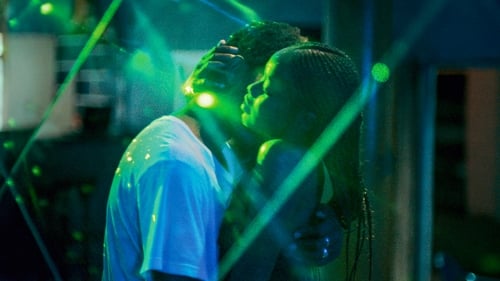
Arranged to marry a rich man, young Ada is crushed when her true love goes missing at sea during a migration attempt — until a miracle reunites them.

When Lena and Ulli start the engine of their old Land Rover, Lady Terés, they have a plan: to drive from Hamburg to South Africa in six months. What they don't know yet is that they won't ever get there. Two totally different characters, jammed together in two square meters of space for almost two years, they experience what it really means to travel: leaving your comfort zone for good.

Ben Singer is a failed children's folk singer, a career proofreader, a less-than-extraordinary weekend dad, and perhaps the most negative man alive. Floundering in all aspects of his life, Ben's only comfort comes from regular chess games and friendly debates on game theory with his Senegalese roommate Ibou. When Ibou is suddenly struck ill, Ben's pessimistic worldview seems unequivocally confirmed. It takes an extended visit from Ibou's sister Khadi for Ben to realize that cynicism may be all a matter of perspective.

A companion piece to Pelourinho: They Don’t Really Care About Us (NYFF57), King of Sanwi continues Akosua Adoma Owusu’s exploration of Michael Jackson as a global pop icon. Here, Michael’s long affinity with the African continent—from the Jackson 5’s arrival in Senegal in 1974 to Michael’s coronation as an Ivorian king in 1992—is captured in vibrant, fuzzy archival video, made visceral by Owusu’s funky audiovisual collage and richly material direct animation effects.

At Ngay Ngay, a village in northern Senegal, there are real natural evaporative basins in which depending on the year large or small quantities of sea salt dry out. Located 15 kilometres from Saint-Louis, the village is living around a complex community organisation: men divide the salt fields into plots, and women are those who harvest. In the end, the men receive a share of the crop, while women are those who took great pains over the harvesting.


The rules are simple in Senegalese wrestling: First man down, loses. The sport derives from ritual manhood trials and has developed into a national sport with packed stadiums and huge prizes. Today, the fight is supplemented with bare knuckle boxing but without any protection. The 22-year-old cattle herder Ndoff has been chosen to compete in an annual talent event in Dakar, and faces a possible breakthrough as a pro wrestler. LAAMB is the story of a sport filled with myths and extreme voodoo rituals, and a modern tale about fighting one’s way out of poverty.

Two women and two men tell their stories of exile caused by being lesbian, transgender, bisexual and gay.
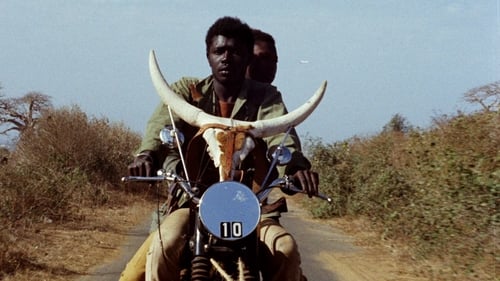
A cowherd with a skull-mounted motorcycle and a university student meet in Dakar; put off by life in Senegal, they plan to make money in Paris.

A penniless, fast-thinking musician buys a lottery ticket which he glues to his back door, in hopes of eventually retrieving his instrument from his exasperating landlady. —but the ticket wins...
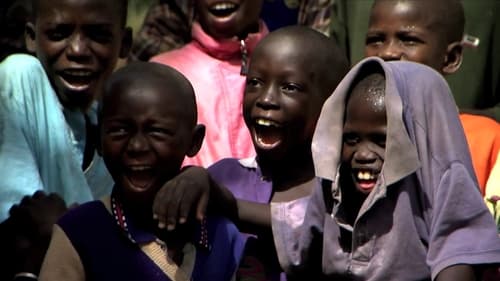
Binta, a little girl from Senegal, tells us about the everyday life in her village, the importance of education for the girls, and about her father's great idea to make the world a better place.
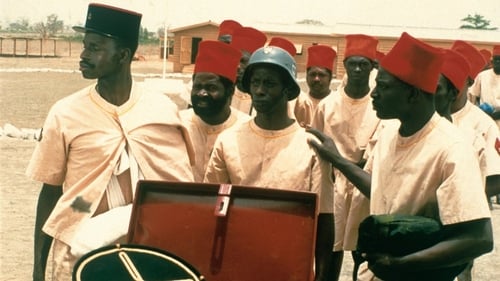
A Senegalese platoon of soldiers from the French Free Army are returned from combat in France and held for a temporary time in a military encampment with barbed wire fences and guard towers in the desert. Among their numbers are Sergeant Diatta, the charismatic leader of the troop who was educated in Paris and has a French wife and child, and Pays, a Senegalese soldier left in a state of shock from the war and concentration camps and who can only speak in guttural screams and grunts.

Bizet's Carmen gets a modern adaptation. Seducting, provocating, sensual. All the ingredients for a perfect drama. With her charm, Karmen gets out of many situations.
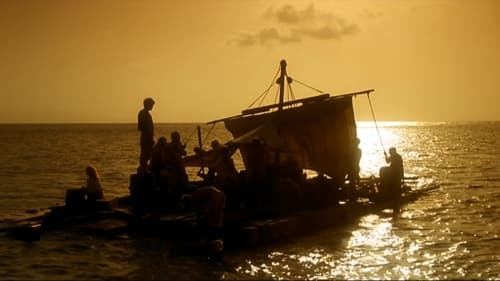
Iranian Iradj Azimi directed this French historical drama re-creating events depicted in the famous 1819 painting The Raft of the Medusa by Jean Louis Andre Theodore Gericault (1791-1824). The ill-fated voyage of the frigate Medusa begins when it departs Rochefort for Senegal in 1816. After striking a sandbar off the African coast, 150 civilians row safely to shore, but Captain Chaumareys (Jean Yanne) orders 140 soldiers and sailors onto a raft (minus supplies) and has it cut loose. Only 14 survive from the 140, creating a scandal back in France. Gericault (Laurent Terzieff) later talks to three of the survivors while researching his painting. Work on this film began in 1987, but sets destroyed by Hurricane Hugo caused delays, so the film was not completed until 1990. However, it then remained undistributed until an incident in which writer-director Azimi slashed his wrists in front of French Ministry of Culture officials.
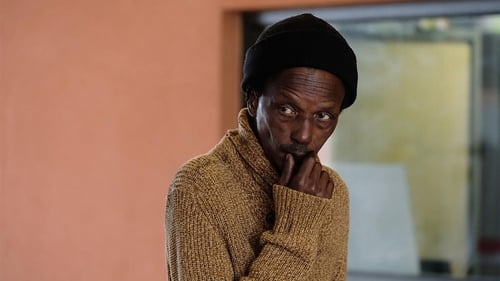
El Hadj is studying in Paris. He is one of the young Senegalese men who have come to Paris since the French colony became independent to get a good education so that he can serve his fatherland on his return. Unexpectedly he is suddenly confronted by a problem with his residence papers, just because he has arranged an extension too late. His pleasant life filled with good prospects has gone in one fell swoop. He faces a dilemma. He can stay illegally in France, the country where he feels at home, where he has his friends, has fallen in love and can drink water from the tap. Or he can return (without graduating) to the 3rd-world country of Senegal to use the knowledge he has acquired. It is not only a practical choice. It comes down to the question of who he is, who he thought he could be.

A tale of growing up in 1960s Senegal. Bacc narrates his early years of living in Popenguine, a town divided by culture and musical tastes.

This film presents a harsh critique of the Koranic teaching through the tragic story of a small talibé, student of a beggar.

Soriba Samb (Oumar Diop Makena) is a Senegalese who has just received a much sought after internship to study filmmaking in Paris. In this story, Soriba heads to Paris, accompanied by the five-year old son of a friend who he believes to be still living in Paris. On arrival he struggles to find the boy’s father. In addition to coping with his new internship, Soriba has to also spend time tracking down the boy’s father ‘Issa’. Soriba eventually finds ‘Issa’ but only to discover that he is running a prostitution ring and actually has no intention of leaving Paris. This is deeply disturbing to Soriba as the fate of the young boy now hangs squarely in the balance. Soriba sets out to change this and invokes the spirits of his ancestors to transform ‘Issa’s’ wayward living so he can care for his son and return to Senegal.

Eugenie was born and raised in Senegal. But since her love was not accepted, she escaped to Germany in order to get asylum there.
















